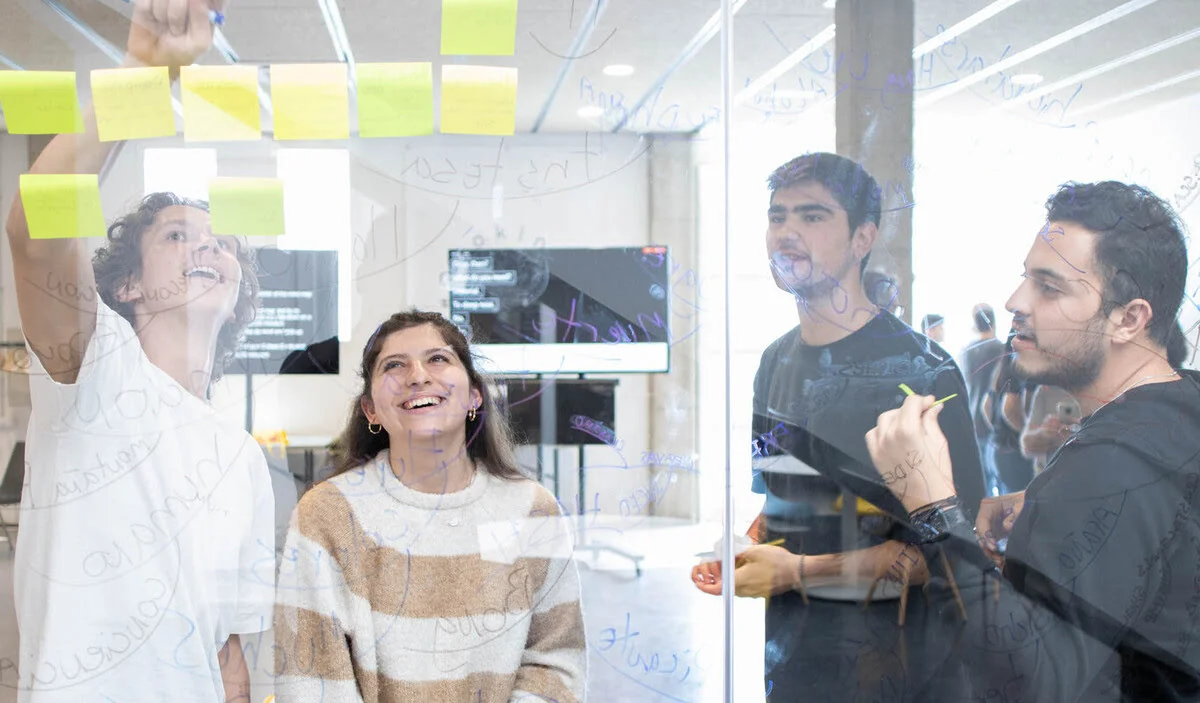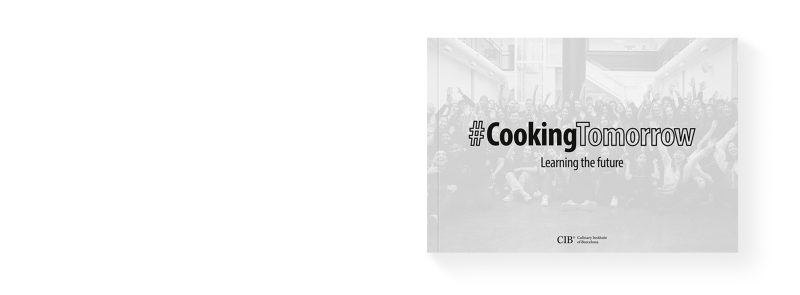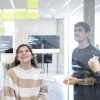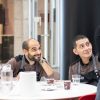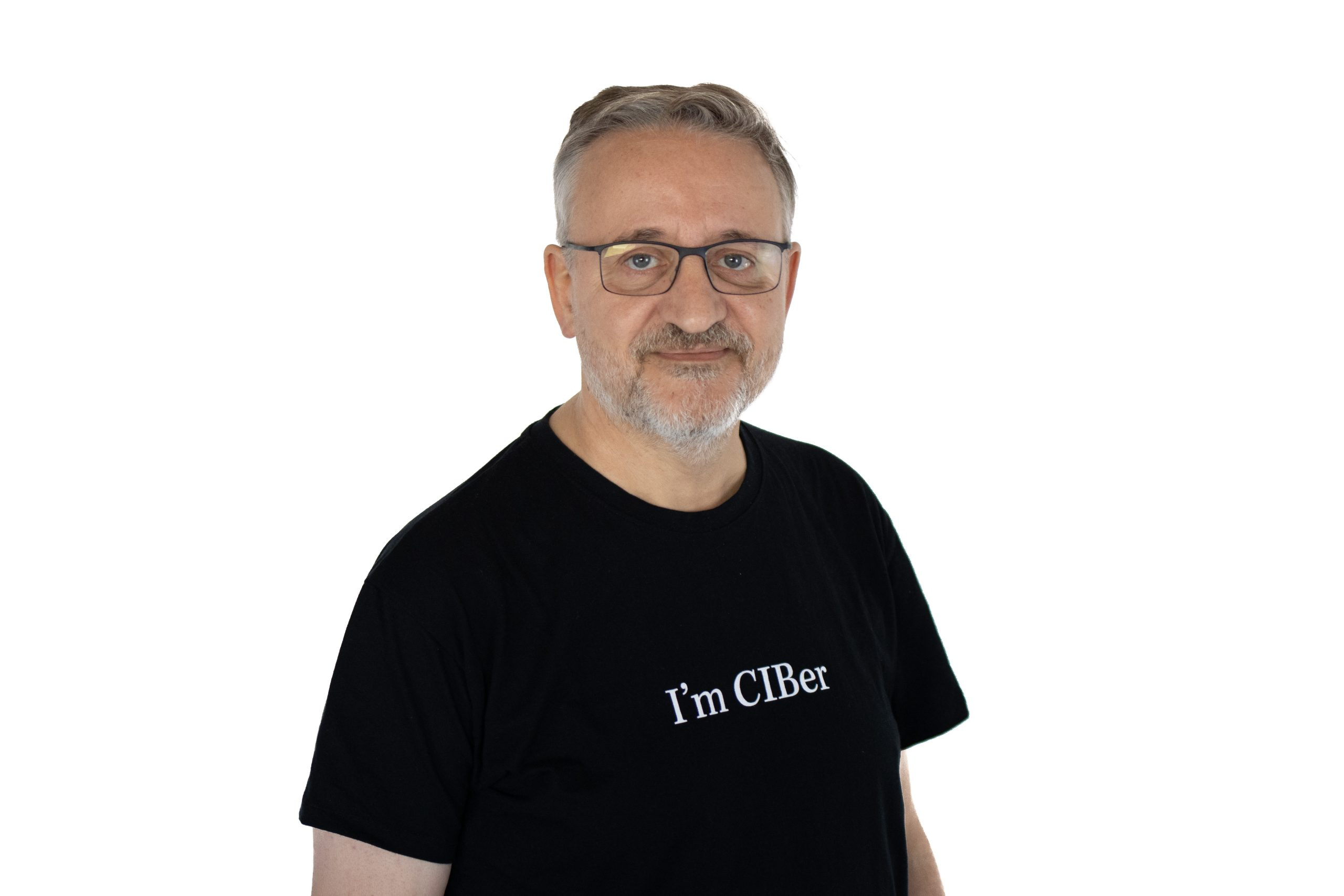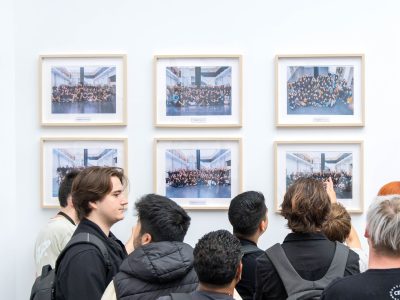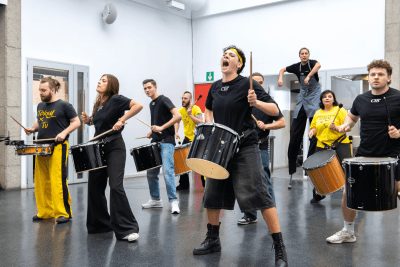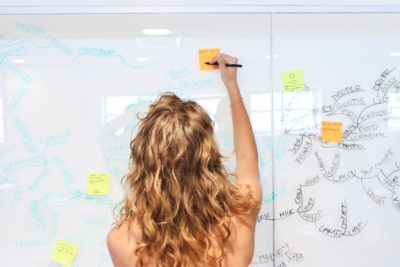Traditional education systems make that young people are not valued in what they are really good at, but in what they are expected to know. Education based on competencies and skills such as imagination, creativity, eloquence and even intelligence (whoever doubts) is penalized. They are not motivated or trained towards innovation, but are trained from the past for the past, and not for the future.
A school must teach to improve, to question, to imagine, to seek and find new possibilities, making use of the intellect, which is not exactly very rational, but absolutely emotional. Here we tell you our educational model; how we think a school that prepares professionals from the world of gastronomy for the 21st century should be.
Current education systems and the new needs of the sector
School systems were created to be applied in the Industrial Revolution with the aim of creating useful workers and professionals for the needs of the 19th century. They have hardly changed since then.
Educational systems and pedagogical models must be reoriented towards the new reality and prepare students with new teaching models to face the multiple, constant and great paradigm shifts that will characterize the 21st century. The future must be the constant to be analyzed, to prepare them in the processes of change and make them the protagonists instead of the victims.
These needs imply embracing the development of those cognitive skills more oriented to the right hemisphere of the brain, obsessively forgotten and despised by educational systems in favor of those of the left hemisphere, which have marked the dominant educational hierarchy during the last centuries.
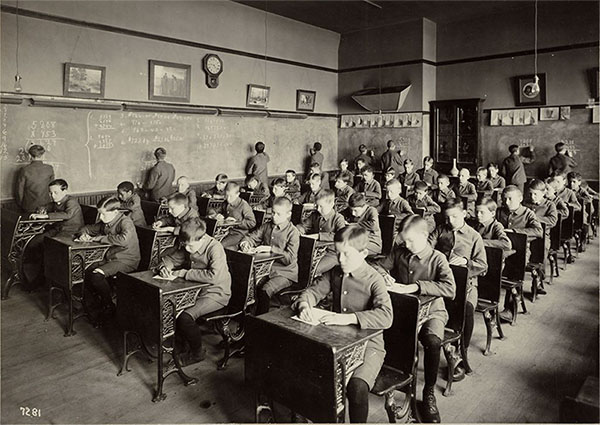
The error as a limitation for the development of creativity
The stigmatization of error, through penalization and punishment, impedes the development of creativity and, consequently, innovation, which is the driving force behind development and prosperity. As a consequence, only people labeled as rebellious and disobedient have been able to develop from the parameters of creative freedom.
Error must be part of learning and must be naturalized as a consequence of creative and innovation processes. We learn to forget, because today the memory of knowledge is an external resource. We access information for free, instantly anytime, anywhere.
Micro-knowledge has been devalued and the important thing is to know how to find it, understand it and apply it. Educational curricular models are based on a taxonomy in which memorizing is at the first level and today this is the wrong level. We access and keep what we have learned out of our minds and this process must be included in the new educational systems, exploited and improved so that our young people are more efficient in managing knowledge.
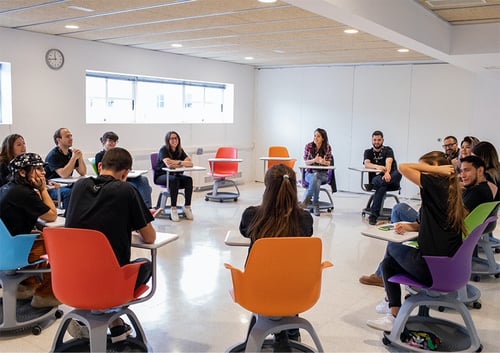
Towards a new educational model
The Culinary Institute of Barcelona’s commitment
We must abandon the objective and uniform method of our teaching because the world is plural and diverse. Education must be reoriented towards the recognition and empowerment of diversity. Working in heterogeneous groups produces better results than in homogeneous groups.
We must encourage the mixture of cultures, interests, genders and ages to add different points of view and incorporate them into the creative and productive processes of the new reality of this century.
We must incorporate new evaluation methods to accommodate more revealing feedback and make it the most effective learning tool.
We must abandon the evaluation of microknowledge (the fractions of what you know) to replace it with macroknowledge (what you know how to do with what you know), so that each evaluation becomes a challenge for the student, where he can analyze and self-evaluate his advances.
We must make feedback the protagonist of the exam and stand up to the rubric based on the correct answers with respect to a predetermined micro.

